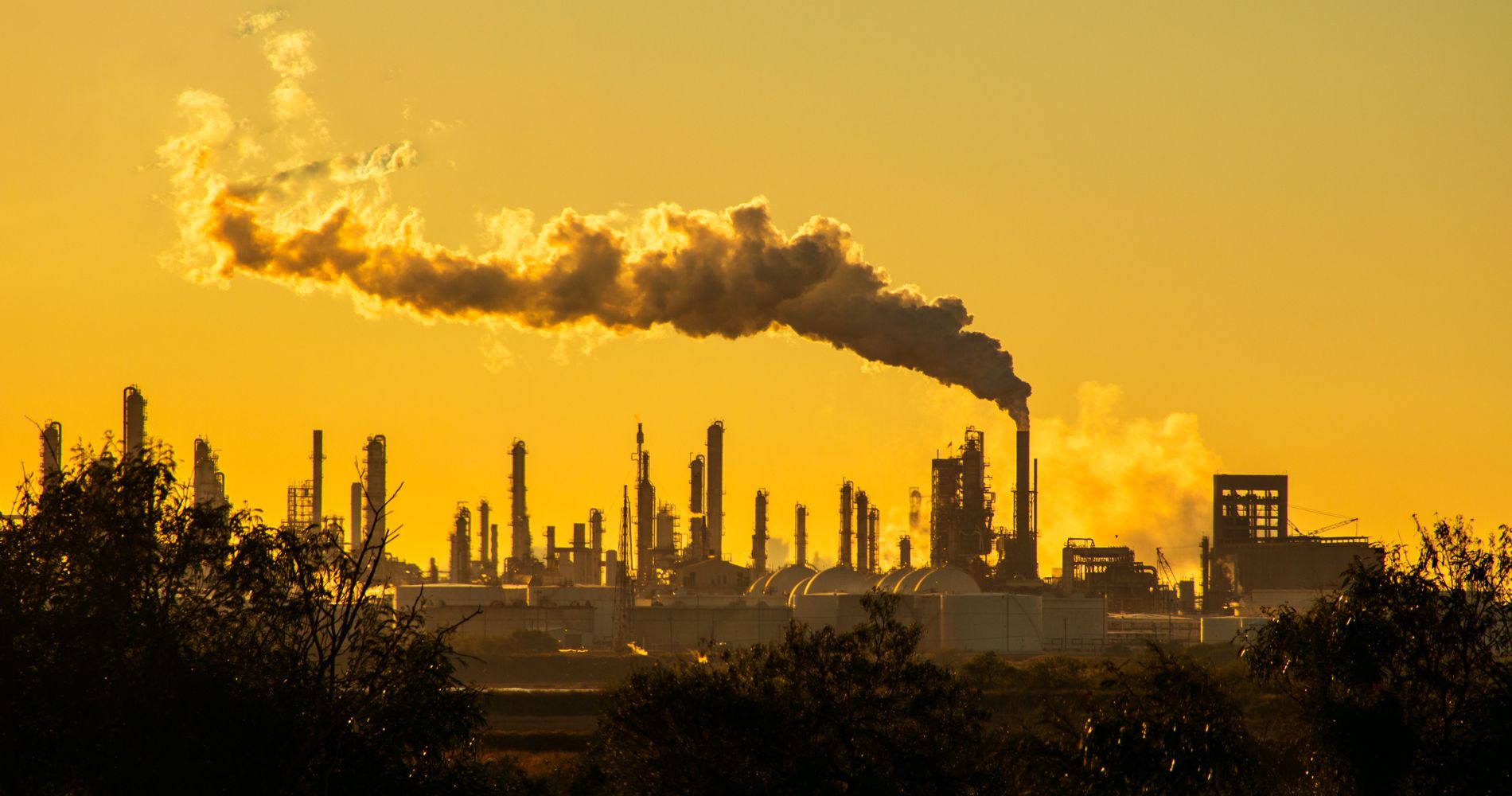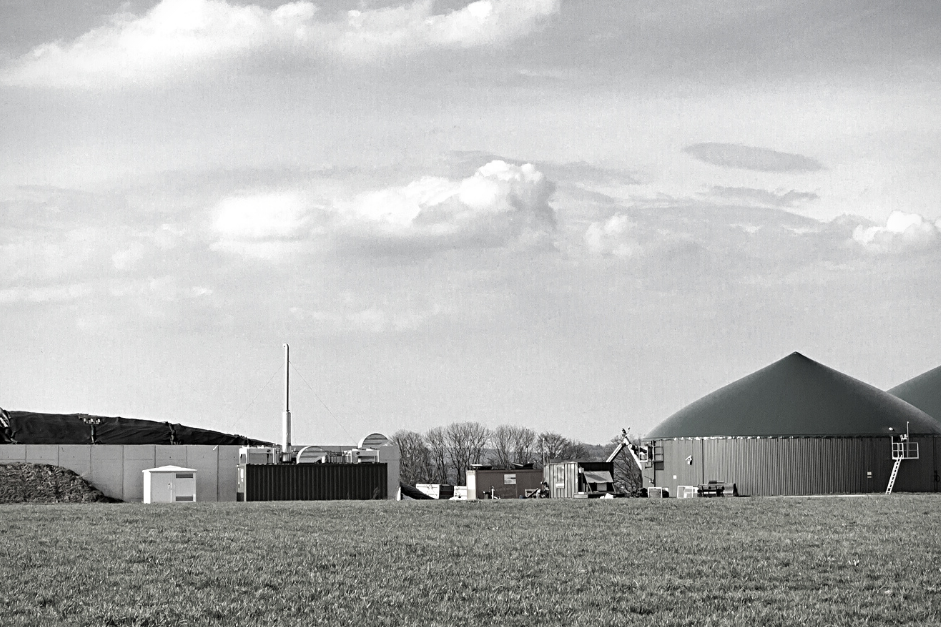Our climate is undergoing rapid and relentless change, with extreme events becoming more common, from devastating floods to severe droughts. These alarming events are reshaping the business landscape and forcing companies to rethink their operating models. The focus has quickly shifted to incorporating Clean Energy practices, adapting to climate change and ESG (Environmental, Social and Governance) criteria.
Climate Risks and the Urgency of Business Adaptation
According to a recent report, natural disasters caused by climate change cost the global economy a staggering US$313 billion in 2022. These catastrophic events put the viability of companies in check, underlining the urgent need to adapt.
These unforeseen climate changes are a growing concern for many companies, as evidenced by a notable 19% increase in climate risk analyzes reported by the top 100 Brazilian companies in 2022, compared to 2020.
The industry is adapting in many ways, with an emphasis on transitioning to renewable energy sources. For example, energy-intensive activities such as mining and steel are increasingly turning to wind and solar generation. In the sanitation sector, companies are investing in water reuse systems and increasing storage capacity to combat water deficits.
Clean Energy and the Role of ESG
The transition to clean energy is at the heart of companies’ climate adaptation strategies. This movement is linked to the concept of ESG, which refers to the consideration of environmental, social and governance factors in making business decisions. The “E” in ESG stands for the environmental component and is increasingly recognized as a critical consideration.
Companies are aware that mitigating the effects of climate change and transitioning to a more sustainable business model are not just a matter of survival, but also a business opportunity. By adopting more resilient and appropriate practices for the new climate reality, companies are not only protecting their own interests, but also creating innovative and sustainable business opportunities.
Final Reflections and Way Forward
Despite the challenges, companies are moving ever faster to adapt and innovate in the face of climate change. However, more actions are needed. As mentioned by Carlo Pereira, CEO of the UN Global Compact in Brazil, “the process is not at the right speed, but the advances are significant”. Adopting ESG practices and transitioning to clean energy is becoming not only desirable, but absolutely essential to business operations.
Furthermore, enterprise adaptation is not limited to traditionally energy-intensive industries. The infrastructure sector, for example, has made substantial investments in equipment that is more resistant to extreme weather events, such as transmission towers and port cranes. This is clear evidence that companies are increasingly aware of the climate challenges they face and are taking steps to ensure their continued survival and success.
Companies like Enel are at the forefront of this transformation, having drastically changed their business plans over the last decade. They understood the urgency of the climate problem and adapted, investing in energy generation from renewable sources and stirring up the market.
However, it is essential that this transformation be accelerated. Climate forecasts are bleak, with droughts predicted for the Northeast and Southeast of Brazil and floods in the Amazon region. These climate threats have the potential to drastically affect food production, population health and water supplies.
Ultimately, companies that adapt to climate change and position themselves as leaders in sustainability, clean energy and ESG practices will be better prepared to meet the challenges of the future. This is a complex and challenging path, but also full of opportunities. By embracing this change, companies have the chance to not only survive, but thrive in an ever-changing world.
In short, climate change is shaping the business world in ways never seen before. Those who adapt, innovate and take their environmental impact seriously will play a significant role in driving the future of business and protecting our planet. The importance of clean energy, adaptation and a focus on ESG practices has never been higher and is set to play a crucial role in shaping the business landscape of the 21st century.





